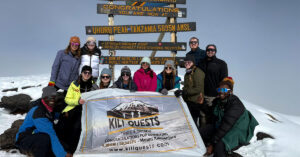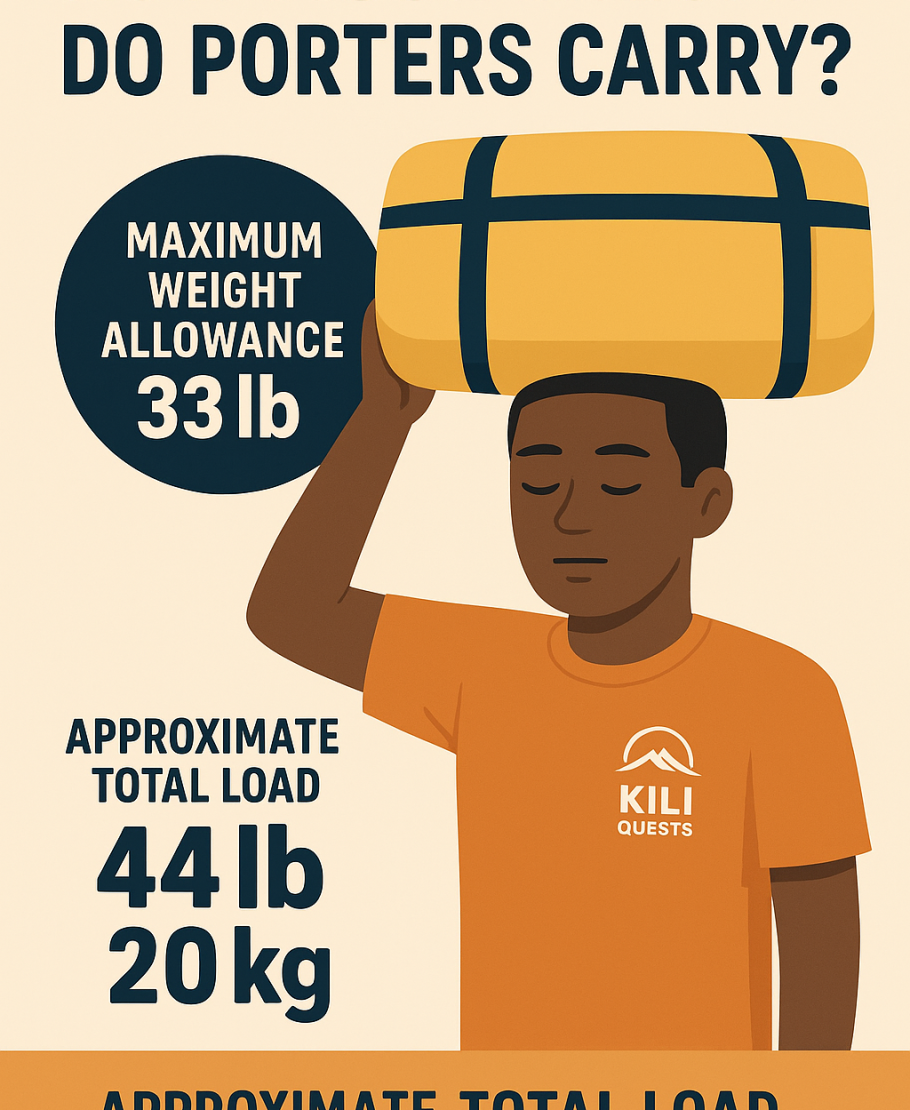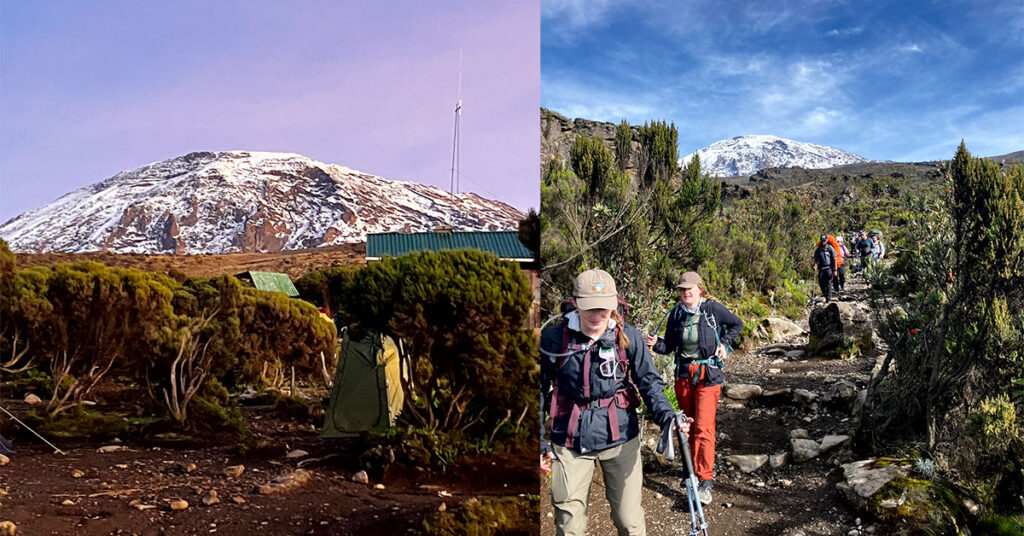
How to Choose a Kilimanjaro Tour Company
Table of Contents Why Choosing an Experienced Kilimanjaro Tour Company Matters for Your Safety and Success | Kili Quests Climbing Mount Kilimanjaro is one of


Contact Us to plan your Kilimanjaro trek with a company that respects the mountain and its people.Ready for the climb? Let’s reach the summit together—ethically and safely.

Table of Contents Why Choosing an Experienced Kilimanjaro Tour Company Matters for Your Safety and Success | Kili Quests Climbing Mount Kilimanjaro is one of

Table of Contents How to Charge Your Devices on Mount Kilimanjaro: Power Tips for Trekkers | Kili Quests If you’re heading to Mount Kilimanjaro,

Table of Contents How Many Porters Do You Need for a Kilimanjaro Trek? | Kili Quests Why Porters Matter Climbing Kilimanjaro isn’t just about